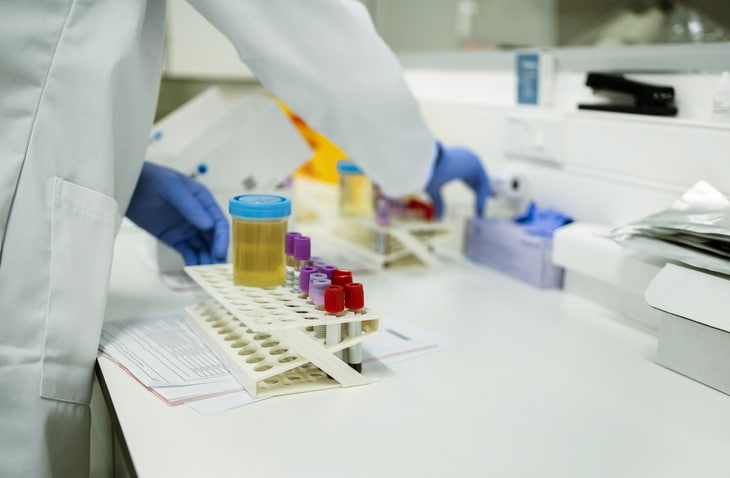On March 27, the U.S. Attorney for the Eastern District of Missouri announced that Gamma Healthcare and three owners agreed to $13.6 million to settle allegations of False Claims Act (FCA) violations. Two of the owners—Jerry W. Murphy and Jerrod W. Murphy – are barred from participating in federal healthcare programs for 15 years.
The claims, brought under qui tam whistleblower provisions by physician and healthcare clinic owner Bradley Bibb M.D., accuse Gamma Healthcare and the Murphys of submitting unnecessary laboratory tests to Medicare not ordered by healthcare providers.
According to the government, from January 1, 2020 to October 31, 2020, “when a physician ordered a urinalysis (UA) with culture and sensitivity (C&S) or just a C&S, Gamma automatically performed, and submitted claims for payment to Medicare for, a urinary tract infection (UTI) panel of tests by PCR (the UTI PCR Tests). Medicare reimbursements for the UTI PCR Tests were significantly higher than reimbursements for a UA with C&S — on average, Medicare paid approximately $11 for a UA with C&S but paid an additional $573 for a panel of UTI PCR Tests. Gamma’s requisition forms were structured in a way that did not allow physicians to opt out of the UTI PCR Tests.”
Principal Deputy Assistant Attorney General Brian M. Boynton emphasized that labs are authorized to bill federal programs only for tests that are necessary and ordered by physicians. He warned that those who abuse such programs for financial gain will be held accountable.
Under the FCA’s qui tam provisions, private citizens (like Bradley Bibb M.D.) and private parties can file lawsuits on behalf of the government if they know of an individual or company defrauding the government. Upon successful prosecution, qui tam whistleblowers who meet certain criteria are entitled to 15 to 30% of the government’s recovery.
Bibb will receive $2.3 million of the proceeds from the settlement.
In their press release, the Department of Justice notes that, in the government’s fight against health care fraud, the False Claims Act is “one of the most powerful tools.”
The False Claims Amendments Act of 2023, a bipartisan effort introduced on July 25, seeks to correct a few technical loopholes used to circumvent the FCA. The bill is widely supported by whistleblower advocates. One such advocate, attorney Stephen M. Kohn argues that “These amendments are urgently needed to ensure that whistleblowers can continue to play their key role in protecting taxpayers from corporate criminals.”
Kohn sees the passage of the False Claims Amendments Act as one of the seven most urgently needed whistleblower reforms. National Whistleblower Center (NWC), where Kohn serves as Chairman of the Board, has issued an Action Alert calling on Congress to pass the bill.
Join NWC in Taking Action:
Demand that Congress strengthen the False Claims Act
Further Reading:
Bipartisan Legislation Unveiled to Strengthen False Claims Act
